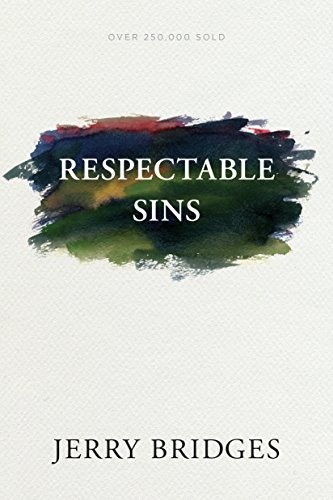In the time it will have taken you to read this article, 15 new cases of COVID-19 (or the 2019 coronavirus) will have been reported around the world. By this time tomorrow, 100 more people will have died from it.
These numbers aren’t minor, but you might think they aren’t a big deal compared to some of the other things out there that could kill us. Lung disease, traffic accidents, and even suicide kill people at a far quicker rate than COVID-19. And yet, the world is gripped in coronavirus panic.
Just look at our own country, where people are going crazy over toilet paper – two women ganging up on another over a packet, and Big W staff in Tamworth calling in police to taser a man who assaulted them over the lack of TP in the store.
It might be fun to laugh at these people, but it’s a sobering moment when you realise this is nothing more than human fear made manifest. These people are trying to protect something they care about, perhaps someone close to them.
The COVID-19 outbreak is a textbook example of how people respond to uncertainty. What if I run out of toilet paper? What if I can’t go to work for the next few weeks? What will I do with my kids if our schools close down? Fear is what drives us to take precautionary measures – and yes, even to the point of violence.
This isn’t exactly news. There’s an entire genre of entertainment focused on what happens when humans face disaster: the apocalypse movie. Mad Max, The Walking Dead, The Last of Us – these are well-known, even seminal works of art that reflect what we know about fear. It motivates us to seek safety, control, and certainty.
In these stories, fear often leads people down a path of destruction. The Bible is full of such examples as well. In 2 Samuel 11, King David sleeps with and impregnates Bathsheba, a married woman. When he finds out that she is pregnant with his child, he panics and arranges to have her husband Uriah killed in battle. God sends Nathan to rebuke him, and strikes down his newborn child.
Yet, this is the same David who called upon the name of the Lord when Saul caused him to fear for his life. He writes a song in 2 Samuel 22:
“I called to the Lord, who is worthy of praise,
and have been saved from my enemies.
The waves of death swirled about me;
the torrents of destruction overwhelmed me.
The cords of the grave coiled around me;
the snares of death confronted me.
“In my distress I called to the Lord;
I called out to my God.
From his temple he heard my voice.” 2 Samuel 22:4-7
Of course, God does not guarantee that we will be granted release from fears that come from ungodly places. He allows David to murder Uriah in his fear, just as he allows panicked Australians to raid supermarkets for necessities, leaving medical staff and the needy empty handed.
But these legitimate, godly fears that we experience when something like COVID-19 takes over the world have an answer in the Scriptures. It is right for parents to worry about their children. It is commendable for us to worry about our elderly parents and grandparents. It is good and holy to be concerned about burdening others by passing on disease.
The contents of our fear matter far less than how we respond to them. Are we doing our best to evaluate our fears and seek a godly response? Are we bringing our godly fears to the one who is sovereign over death and disease?
1 Peter 5:7 commands the young people in the church to “cast all [their] anxiety on him because he cares for you”. All the problems of the world which trigger legitimate and holy fear in us are to be thrust into God’s hands. Why? Because he has already conquered that which fuels our biggest fear – eternity.
In the same passage, Peter writes to the church to remind them that “the God of all grace, who called you to his eternal glory in Christ, after you have suffered a little while, will himself restore you and make you strong, firm and steadfast.” Through Jesus, our true disease – sin – is healed. He has broken its hold on us, and now he carries out the work of restoring us to our true, image-bearing glory day by day.
When we come to believe in this truth, there is nothing that can stop us from continuing on to walk in step with Jesus. He knows this, which is why the Bible is full of stories in which he commands his followers to not be afraid.
“Do not let your hearts be troubled. You believe in God; believe also in me.” John 14:1
“Do not let your hearts be troubled and do not be afraid.” John 14:27b
“Therefore do not worry about tomorrow, for tomorrow will worry about itself. Each day has enough trouble of its own.” Matthew 6:34
“So don’t be afraid; you are worth more than many sparrows.” Matthew 10:31
“Take courage! It is I. Don’t be afraid.” Mark 6:50
“Do not be afraid, little flock, for your Father has been pleased to give you the kingdom.” Luke 12:32
We are not commanded to forget about the things of this world entirely, not as long as we’re still living in it and carrying out God’s mission. Please wash your hands. Remember to sneeze into your elbow. But don’t do anything until you first cast your anxieties and fears upon God. He has shattered sin, and one day his Son will return to shatter death and disease finally. Including COVID-19.


